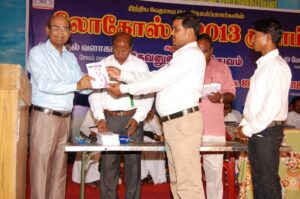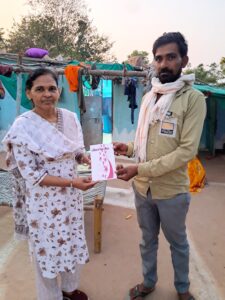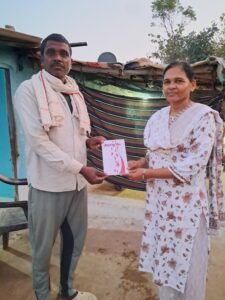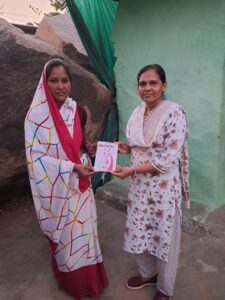Bundeli Project
History of Bundeli
Bundeli, also known as Bundelkhandi, is a Western Hindi language spoken in central India’s Bundelkhand region, particularly in Madhya Pradesh and southern Uttar Pradesh districts. It is a stable, indigenous language, part of the Indo-Aryan language family, and is believed to be the first language of its speakers. Bundeli is written in the Devanagari script.Their estimated population is approximately 7 million.
Food Habits of Bundeli People:
The use of local, seasonal ingredients, robust spices, and traditional cooking methods characterises Bundeli food. It features a blend of wheat, milk, and local products, reflecting the region’s agrarian lifestyle and resourcefulness. They take light food for breakfast, and at night they eat the wheat preparation called ‘roti’. They would drink beer and a liquor called ‘mahina’.
Occupation of Bundeli People:
The primary occupation of the Bundeli people, traditionally known as Bundela Rajputs, has been agriculture and land ownership. However, other occupations include livestock rearing, weaving, pottery, and trade.
Social and Cultural Practices
Social and Cultural Practices of Bagheli People:
The residences of the Bundeli people are constructed from mud, with roofs made of mud tiles. They apply whitewash to the walls and use cow dung to plaster the floors. In the summer months, they sleep directly on the floor, while in winter, they rest on mats made of hay. The primary occupations of the Bundeli community include agriculture, carpentry, and labouring in the fields as coolies. Men typically wear a dhoti, which is folded up to the knee, along with a turban. When venturing outside, they carry a stick and small pots for fetching water.
Their major festivals consist of Rakshabandhan, Dasara, Deepavali, and Holi. During the harvest festival, they used to sing their traditional songs and men used to dance, which is called ‘mirnia’. During the night, dancing girls would dance, and this is called ‘rag.
Child marriage remains a common practice within this community. Following the wedding, girls reside in their parental homes until they reach the age of 16, at which point they are sent to live with their husbands. Marriages are typically arranged by the parents. Individuals who specialise in hair decoration hold a significant status in society. A small contribution is made by the bride’s family for this occasion, referred to as ‘Vivaga.
Education and Christianity
The Literacy rate of Bundeli-speaking people is 30%.
The Christian Population is less than 2%.
IBT Translation Ministry among Bundeli People
Rev. Prof. Panneer Selvam selected Mrs. Devesh Kumari as Bundeli Translator. She is the wife of Mr. Sanjay Kumar, who serves as an IBT missionary. In May 2010, she underwent Mother Tongue Translator training at the IBT Office in Coimbatore, led by Rev. Professor S. Paneer Selvam, the Director.
- Gospel of Mark in the Bundeli language has been released by IBT founder Rev. Prof. Panneer Selvam, on 18.05.2013 in the IBT Logos Camp 2013, and the first copy was received by IBT missionary Bro. Sanjay Kumar.
- The New Testament, with the book of Psalms and Proverbs, is proposed to be released in 2028 at the IBT Logos Camp. The keying and translation checking are in progress.
- Financial support of Rs. 1,80,000/- is required to print 1000 copies of the New Testament, which costs Rs. 180/- per copy and Rs. 80,000/- is required to print 1000 copies of the book of Psalms and Proverbs, which cost 80/- per copy. Totally Rs. 2,60,000/-
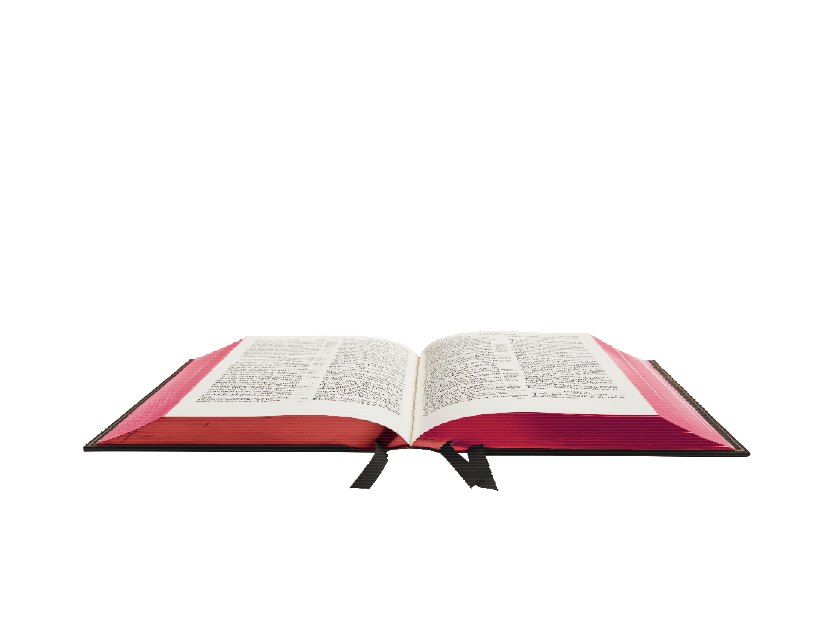
Indian Bible Translators
14 Ashok Layout,
Civil Aerodrome Road,
Coimbatore – 641 014
- 90470 57414
- 90470 57414
- 0422 - 4520123
- info@ibtword.com
- indianbibletranslators@gmail.com
- Privacy Policy
Donate now by scanning our UPI QR code
through your payment apps.

© Copyright IBT | Designed and Developed by Pixtornet

